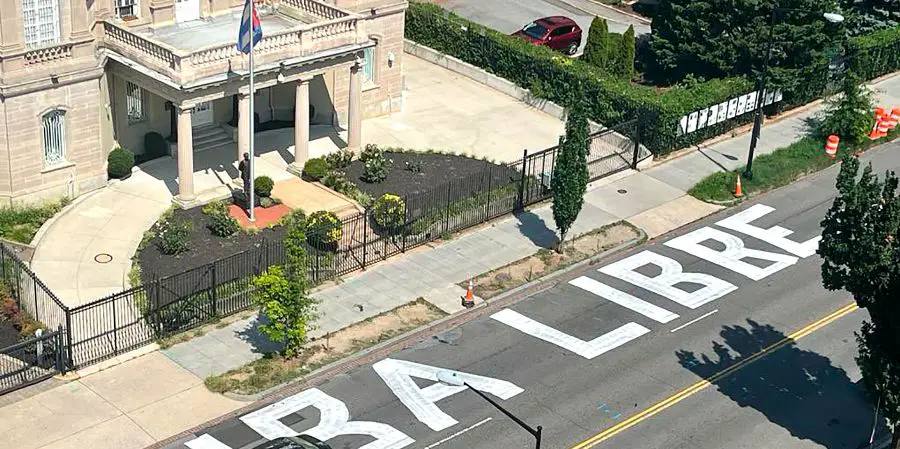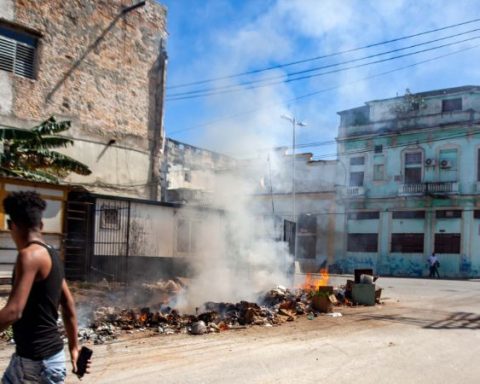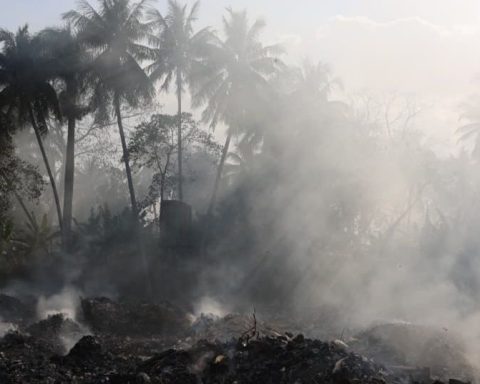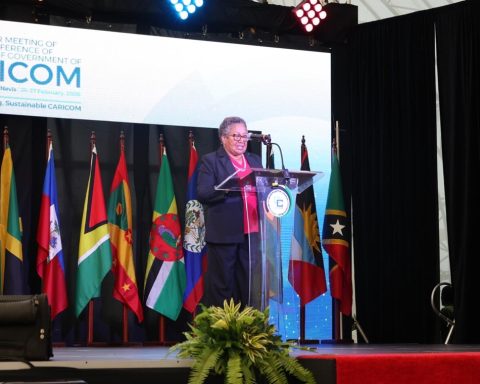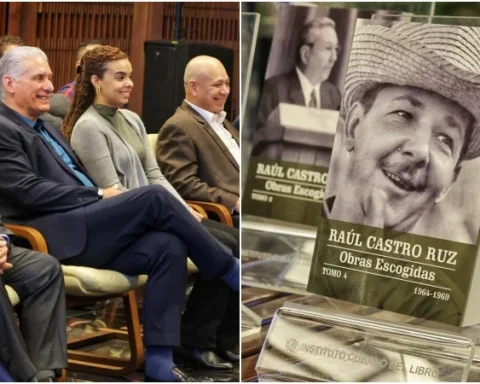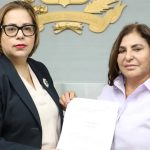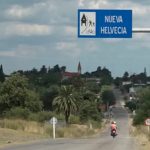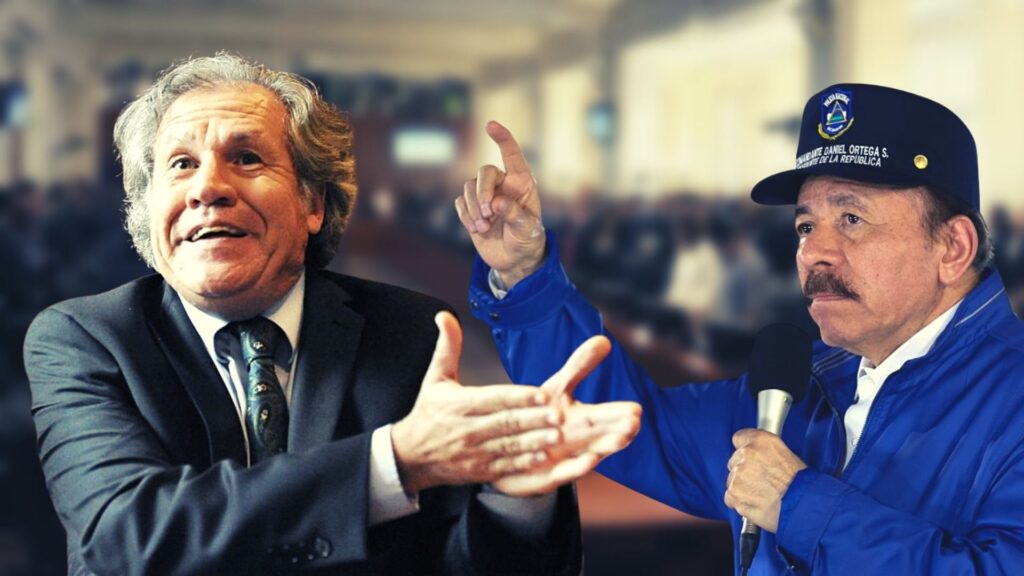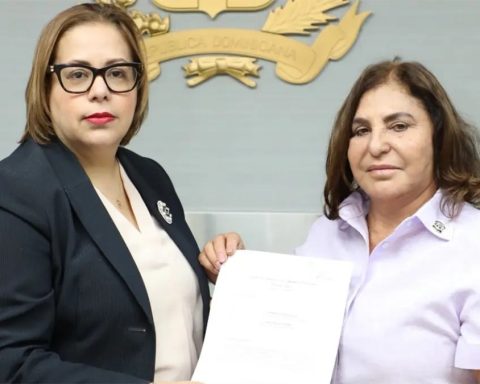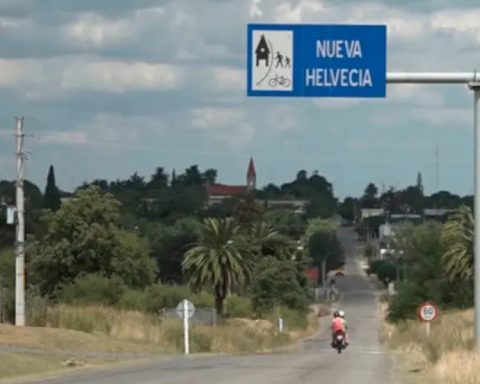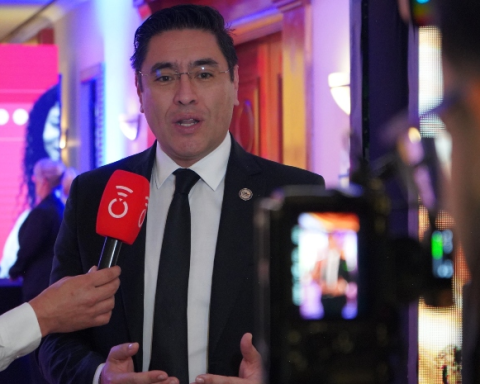MIAMI, United States. — The United States Senate approved this Wednesday “unanimously” a law that will rename Oswaldo Payá Way the street that passes in front of the Embassy of the Cuban regime in Washington, DC.
The news was spread on social networks by Rosa María Payá, daughter of the late Cuban opposition leader.
“The United States Senate unanimously approved a bill to rename the street in front of the dictatorship’s embassy in Washington, DC as Oswaldo Payá Way. After years of taking our message to Congress, my dad’s murderers will finally have to pronounce his name, ”said the activist on Twitter.
He bipartisan bill was introduced by Republican Senators Ted Cruz (R-TX), Marco Rubio, and Rick Scott (R-FL), and by Democrats Bob Menéndez (D-NJ), Dick Durbin (D-IL), and Ben Cardin (D- MD).
Senator Bob Menéndez indicated that, despite representing different political forces, the legislators “firmly share Payá’s vision of a free and democratic Cuba, one in which its people can denounce oppression without fear of reprisals.”
For his part, Marco Rubio said that the renaming of the street “will serve as a daily reminder to the murderous thugs of the many deaths for which they are responsible.”
The law to change the name of the street that passes in front of the regime’s diplomatic headquarters in the US capital comes just two days after the Inter-American Commission on Human Rights (IACHR) make a report public in which it blames the Cuban dictatorship for the death of Oswaldo Payá and Harold Cepero, who died on July 22, 2012 in the province of Granma.
The conclusion of that continental organization, included in the Admissibility and Merits Report No. 83/23 of Case 14,196, establishes that “the Cuban State violated the rights to life, honor and freedom of expression of both persons.”
The IACHR document identified “serious and sufficient evidence to conclude that state agents participated in the deaths of Payá and Cepero. Likewise, it specified that “what happened to the victims was framed in the context of state persecution and repression against political dissidents and defenders in Cuba, with the aim of hindering or paralyzing the work of defending and promoting human rights.”
